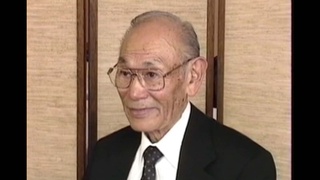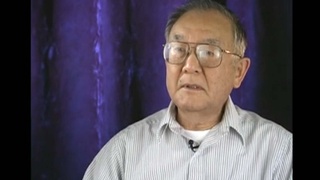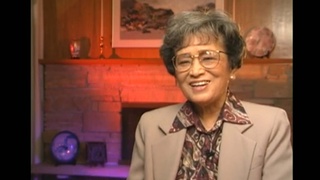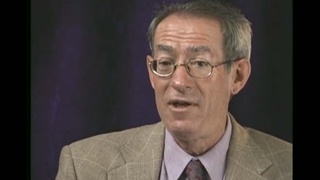Interviews
The Strength of Evidence
The, I thought the, the redress commission hearings were very interesting. But a lot of that information was known. And many of the witnesses were just telling about their own experiences, the bitterness, the injustice. It was information that had to, had come out, and I'm glad that Congress was made aware of this sort of thing. But the coram nobis cases were much more significant because it, they showed misconduct, official misconduct which affected us adversely. And this business of evidence being destroyed or suppressed was outrageous, and I'm sorry that the government decided not to challenge but to admit indirectly that they were wrong and, and reverse the, the previous convictions. If that had been allowed to go to trial and that evidence made public, it would have been much more effective.
Date: July 13, 2001
Location: Washington, US
Interviewer: Alice Ito, Daryl Maeda
Contributed by: Denshō: The Japanese American Legacy Project.
Explore More Videos


Changing Minds
(1923–2006) Community activist. Co-founded the Manzanar Committee

Prevailing Within the System
(1923–2006) Community activist. Co-founded the Manzanar Committee

Fighting For What’s Right
(1923–2006) Community activist. Co-founded the Manzanar Committee

The Final Verdict
(1919 - 2005) Challenged the constitutionality of Executive Order 9066.

A Wrong Righted
(1919 - 2005) Challenged the constitutionality of Executive Order 9066.

Evolving History
(1929 - 2014) One of the earliest proponents behind the redress movement.

Need for Monetary Compensation
(1923–2008) One of the leaders behind the redress movement.

Erasing the Bitterness
(1923–2008) One of the leaders behind the redress movement.




Duties of the Witness Chair
Chaired the Chicago JACL's Redress Committee.


